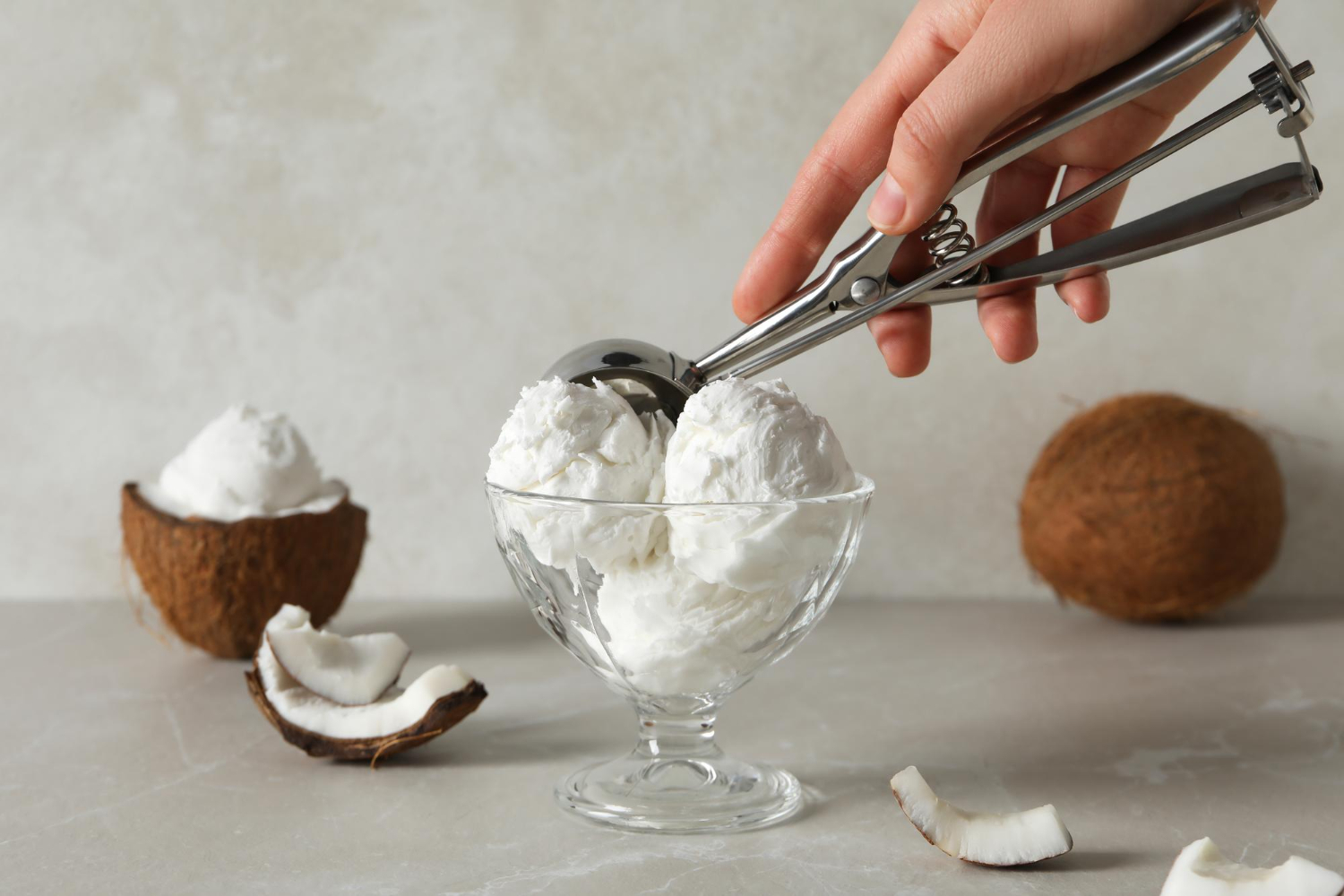On Japanese and Chinese dining tables, soy sauce is a fixture as it serves as the main condiment and seasoning for countless dishes. However, people with certain medical conditions may not be able to indulge in soy sauce’s flavorful savory addition. Particularly, those who avoid gluten, salt, and soy in their diet may have to put soy sauce to the side and eat without it.
This is not to say that there are no other condiments they can consume. If you have heard about coconut aminos, you know where this piece is leading to. Coconut aminos is an organic coconut product that has become an increasingly popular soy sauce substitute. Read on for a thorough spotlight on this product and to learn all about the components that make it a healthier option as a condiment.
How Coconut Aminos Came to Be
Coconut aminos is produced by extracting the sap of a coconut plant, storing it for a long time, and undergoing fermentation with its natural sugar blended in sea salt. The final product looks like a dark-colored sauce that tastes just like soy sauce.
Because it is fermented with no additives, coconut aminos is pH neutral and contains several trace minerals, vitamins, and amino acids.
Nutritional Benefits of Coconut Aminos
According to studies, coconut sap, used to produce coconut aminos, contains amino acids and phenolic compounds. Amino acids are responsible for powering many bodily functions, including being a vital cog in transporting nutrients throughout the body. Amino acids work in healing and repairing damaged tissue.
Moreover, the fermentation process that coconut sap goes through works in adding healthy yeast, bacteria, and organic acids. These elements help tremendously in digestive processes.
While the nutrient profile of the coconut sap from which coconut aminos is made can provide certain health benefits, most of the health claims attributed to coconut aminos are not backed by any studies. Currently, there is no research indicating whether coconut aminos has any measurable health benefits.
Battle of the Condiments: Coconut Aminos vs. Soy Sauce
As mentioned earlier, coconut aminos is an excellent substitute for soy sauce. Because of its high sodium content, soy sauce is avoided by people who cannot have too much sodium in their diet. Traditional soy sauce includes roughly 280 mg of sodium per teaspoon (5 ml). Coconut aminos, meanwhile, has 90 mg of sodium per teaspoon (5 ml).
When fermented, soy sauce contains various probiotic properties, making it a healthy condiment as well. Synthetically fermented soy sauce, however, has a chemical additive called Monosodium Glutamate (MSG). This additive is suspected of causing several symptoms like muscle pain, headache, and muscle weakness.
Coconut aminos, meanwhile, has a much lower salt and sugar content and only undergoes a natural fermentation process, making it a much healthier condiment option.
Conclusion
Having lower salt content than soy sauce and free of common allergens like gluten and soy, coconut aminos makes for a better condiment choice than soy sauce.
On the flip side, coconut aminos is not quite a full-blown health food. It is also important to note that coconut aminos is not totally sodium-free. Hence, consuming it in small servings is best, especially for those on low-sodium diets.
Yet another coconut product is starting to make noise to replace traditional soy sauce as a condiment. Have you found your best coconut supplier yet? If not, look no further than Ceylon Exports and Trading. We are an organic certified manufacturer and exporter of edible coconut products. Schedule a meeting with our experts today!






